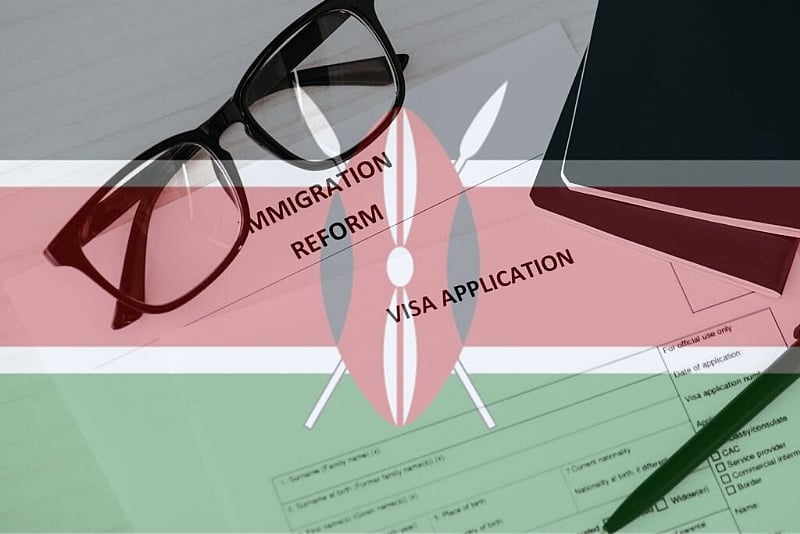Kenya recently announced a new visa policy aimed at promoting intra-African travel: citizens of all African countries are now eligible for visa-free travel, except Somalia and Libya. While many across the continent welcomed the move as a progressive step toward Pan-African integration, the exclusion of two African nations—particularly Somalia—has sparked confusion, frustration, and a sense of betrayal among Somali citizens.
As a Somali and a firm believer in African unity, I find this decision troubling, both in its symbolic implications and in its real-world consequences. It undermines the very spirit of African solidarity, a value that has been consistently echoed in continental initiatives such as Agenda 2063, the African Union Passport Project, and the African Continental Free Trade Area (AfCFTA). These frameworks all envision a future in which Africans can move, trade, and collaborate freely across borders and beyond old divisions.
The exclusion of Somalia from Kenya’s visa exemption raises important questions: What determines which African lives are welcomed and which are not? Is national origin now a metric of trustworthiness? Is Somali citizenship inherently viewed as a security risk? These questions, painful as they may be, demand honest answers. Because when a neighbor like Kenya excludes Somalia, it risks not only a diplomatic rift, but also the erosion of mutual respect and shared history between two peoples who have coexisted for generations.
Somalia and Kenya share deep and complex ties—politically, economically, and culturally. Thousands of Somalis have lived, worked, studied, and built lives in Kenya. Somali businesses have contributed significantly to Kenya’s urban economy, particularly in cities like Nairobi, Garissa, and Mombasa. Likewise, many Kenyans have worked in Somalia or partnered with Somali institutions. Despite political differences, people-to-people relations have often remained resilient, grounded in shared struggles, migration, and interdependence.
The Kenyan government may argue that Somalia’s exclusion is rooted in security concerns. However, such a justification must be approached with caution. Security cannot be an excuse for blanket exclusion, especially when diplomatic alternatives exist, such as thorough screening processes, electronic visa systems, or bilateral coordination. To single out a nation in the name of security, without specific or transparent reasoning, risks reinforcing harmful stereotypes and alienating innocent civilians who wish only to visit, trade, or seek services.
Furthermore, the implications of this decision go beyond bureaucratic inconvenience. They strike at the heart of identity and belonging. For many Somalis, being African is not just a label—it is a source of pride. Yet, when we are excluded from “African-only” privileges, we are made to feel like outsiders on a continent that we helped shape through struggle, migration, and cultural exchange.
This moment calls for reflection, not retaliation. It is an opportunity for Kenya—as a regional leader—to correct course and align its policies with its commitments to Pan-African values. Reconsidering this visa decision would not only restore goodwill with Somalis but also send a clear message to all Africans: that unity must be inclusive, or it is not unity at all.
Africa’s strength lies in its diversity and its capacity to stand together. To exclude a fellow African country undermines that strength. If we are to build a truly borderless, integrated, and respectful continent, we must ensure that no African is left behind, least of all by their neighbors.
By Abdirahman Mumin, Academic and Writer


